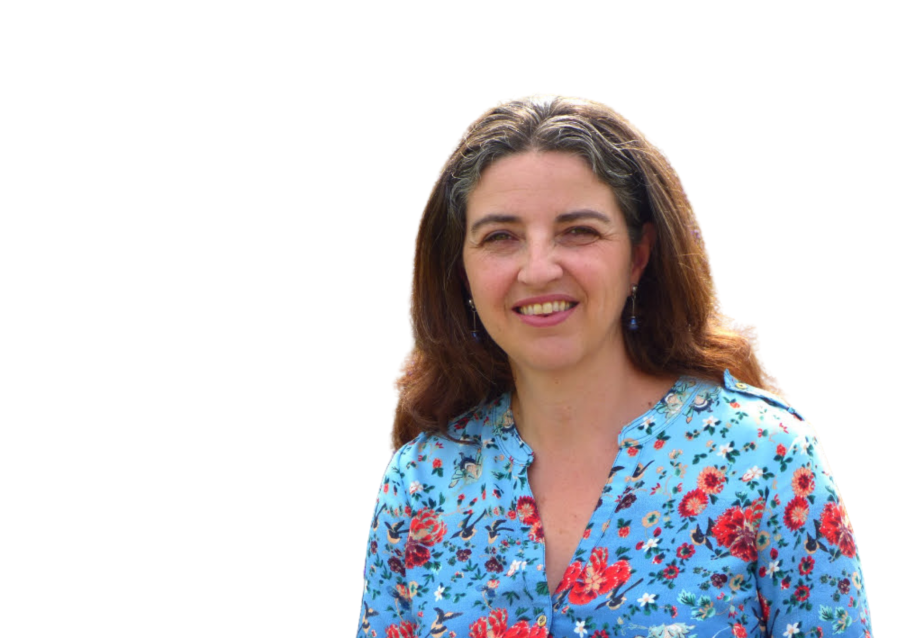Although the English tests have been translated to Welsh, new research funded by the Welsh Government will establish the robustness of the tests when used in Welsh, ensuring that two people with the same degree of cognitive impairment should achieve the same result from the test irrespective of which language they are assessed under.
The new research is being launched at a Dementia and the Welsh Language webinar on January 25th hosted by the Centre for Ageing & Dementia Research, a world-leading centre bringing together experts from Bangor and Swansea Universities who are addressing key questions in ageing and dementia.
The five speakers on the topic will include the latest research on the impact of language on wellbeing, individual experiences, Welsh policy, and testing translated cognitive tests for Welsh speakers.
Interest in the event has been strong reflecting the growing appreciation of the importance of effective communication for people living with dementia. Anyone interested in joining the online seminar can view the speakers and register using this link.
Ensuring that Welsh language versions of the standard dementia tests are offered to Welsh speakers was one of the main recommendations of a research briefing to the Welsh Government authored by Dr Catrin Hedd Jones, a dementia lecturer at Bangor University.
This recommendation was embodied in the Welsh Government Dementia Action Plan, with IAITH: Welsh Centre for Language Planning now tasked with ensuring that the Welsh language versions have been tested with Welsh speakers. Bangor University will work on this research in collaboration with clinicians across Wales to support the delivery of the Active offer. The Active offer places responsibility on those delivering services to ask which language a patient would be most comfortable and then ensure that they can be supported to use their language when they require care and support.

Dr Catrin Hedd Jones of the University’s School of Medical & Healthcare Sciences said:
“We know that verbal communication can become a challenge for some people living with dementia and it is vital that Welsh speakers are supported throughout their journey with dementia to communicate in the language that feels natural to them. This is not a matter of choice but a clinical need and failure to do so could increase the risk of inappropriate test results / care. We are delighted that the Welsh Government has supported this work to ensure that clinicians have full confidence in the translated tests.”
Dr Kathryn Jones of IAITH will be presenting an overview of the aims, method and timetable for the work at the weminar.
Dr Kathryn Jones said:
“IAITH is delighted to be involved in this important new Welsh Government funded research that will collate information on Welsh language versions of cognitive assessment tools/scales that are currently available and in use across Wales and further develop the normative data available allowing the confident interpretation of assessments carried out in a clinical context with speakers of Welsh.”
It’s exciting to see such a broad swathe of on-going research into language use in the context of dementia and ageing. The language we are able to use has a profound effect on our well-being, and we need to consider this when planning and delivering all aspects of care for older people or people living with dementia in a caring bilingual society.





